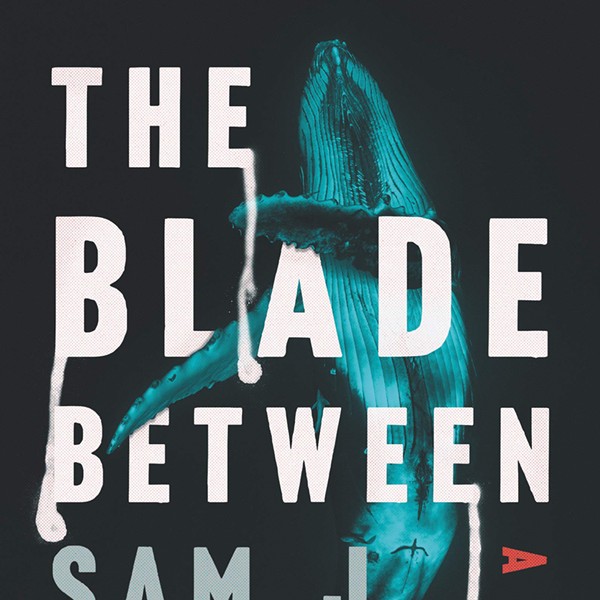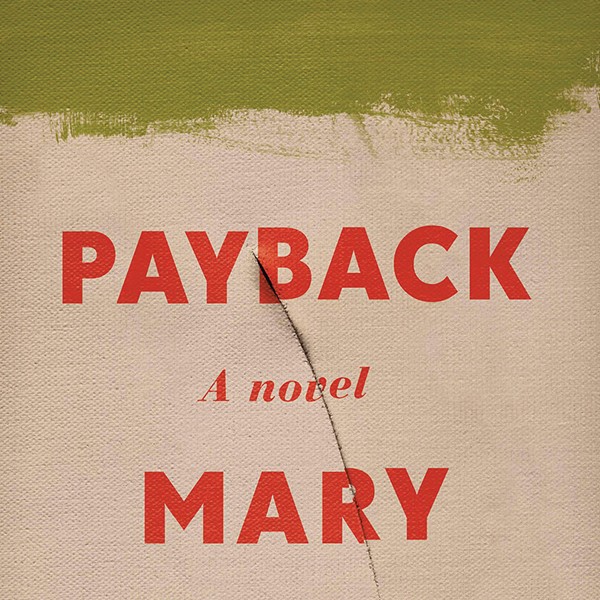On April 15, 1947, Jackie Robinson became the first African American in the 20th century to cross the baselines in a Major League Baseball game. But in a much lessaballyhooed way, September 1, 1964, was also a landmark date in the annals of the National Pastime. On that evening, a young Japanese southpaw, Masanori "Mashi" Murakami, took the mound for the San Francisco Giants against the Mets at Shea Stadium. As reported by Robert K. Fitts in his excellent account of Murakami's career, the New York fans, who were notorious for their refusal to cheer opposing players—"They even booed Willie Mays when the starting lineups were announced"—made a very vociferous exception in this case: "The answer was simple. They knew they were witnessing history."
While no doubt familiar with the plethora of Japanese players who have starred in the American big leagues in recent years—Ichiro Suzuki, who broke George Sisler's longstanding record for most hits in a season; Hideo Nomo, who tossed two no-hitters; and Hideki Matsui, MVP of the 2009 World Series, among others—today's casual fan would probably draw a blank at the mention of Masanori Murakami. And yet Mashi, as the first son of Nippon to play in the Majors, blazed the trail—at least symbolically—for Suzuki, Nomo, Matsui, and all the rest. But the irony of his achievement is that, through no fault of his own, it also closed the door on American importation of Japanese ballplayers for the next 30 years, due to complicated baseball politics that resulted in a "hands off" policy for US teams hoping to sign Japanese talent.
The difficulties facing foreign players (gaijin senshu) in Japan have long been noted: Failure to adapt to cultural and social differences—whether of language, diet, or behavior—has derailed the career of many Americans trying to make it stick with the Hanshin Tigers or Seibu Lions. (The bad manners exhibited by ex-Yankee Joe Pepitone, to take one extreme example, were so outrageous that his surname entered the Japanese language as a derogation.) But in the States, Murakami was himself a gaijin senshu, and he had many obstacles to overcome. In addition to problems caused by the language barrier and the very un-Japanese American approach to baseball, he was distracted and discouraged by continuing contractual hassles between the Giants and his Japanese club, the Nankai Hawks. Through it all, Murakami comported himself with dignity, boyish enthusiasm, and unflagging good cheer, whether experiencing the highs—a 1965 season in which he won four games and saved eight more for the Giants—or his nadir, a return to Japan in 1966 that saw his talent (and the fans) momentarily desert him.
Fitts, a Milan resident who has explored the singular culture of Japanese baseball in two previous books, provides a graceful overview of Murakami's life both inside and outside the baselines, and ample context for the reader to understand the arcana of the Japanese game and the cultural basis for the tough decisions that Mashi had to make.
Robert Fitts, Masanori Murakami, and official historian for Major League Baseball John Thorn will appear 7/3 at 7pm, Oblong Books & Music, Rhinebeck.

















